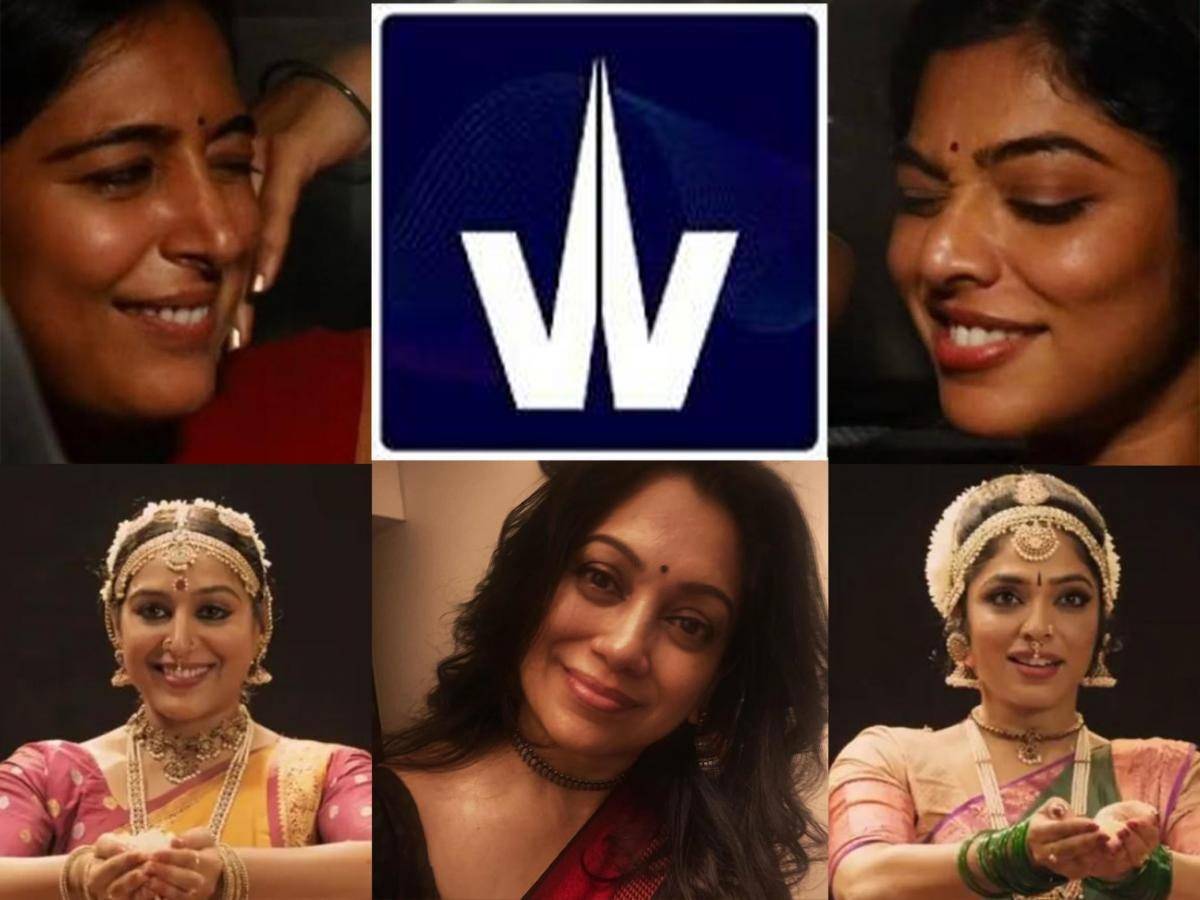
Muting the word “beef” sends a very specific message: This is something we don't want to acknowledge exists.
There’s a moment in Anjali Menon’s newly released short film Backstage that caught me completely off guard because of a sudden, jarring silence. A single word, one that’s part of everyday conversations in Kerala, was muted. The word was “beef.”
Yes, beef, spoken casually, without provocation or politics, in a scene where Rima Kallingal’s character, Kanya, references “beef porotta.” A dish you’ll find on every second street corner in Kerala, served hot in roadside thattukadas and beloved across communities.
But on WAVES, the new OTT platform launched by Prasar Bharati, the word was deemed too bold for broadcast.
Also, read| Blog: The Spine Vijay’s Mersal Had But Mohanlal’s L2 Empuraan Did Not
It was silenced. Muted. As if by simply erasing the sound, we could somehow pretend that beef—and all the cultural, culinary, and political layers it carries- doesn’t exist. And that’s where my problem begins.
For those who haven’t yet explored it, WAVES is India’s newest OTT offering, a government-backed platform introduced to cater to the country’s rapidly expanding digital audience.
It’s meant to be a one-stop solution for infotainment, news, radio streaming, on-demand content, games, and even e-commerce via the ONDC network.
WAVES boasts 65 live channels and a growing library of free-to-watch content. Most of the content is free, with premium features locked behind optional subscriptions.
But here’s the contradiction: A platform that positions itself as open, accessible, and diverse is also the one choosing to police words. Muting a food item is not just an oversight—it’s a quiet censorship that speaks volumes.
Director Anjali Menon returns with Backstage, a short film of 45 minutes that forms part of the anthology Yuva Sapno Ka Safar. Known for gems like Ustad Hotel, Koode, and Wonder Women.
Backstage features powerhouse performers Rima Kallingal as Kanya and Padmapriya as Gauri. The narrative follows two childhood friends who train together in classical dance but take sharply different paths in adulthood.
Kanya, raw and bold, struggles in obscurity, while Gauri becomes a polished star with commercial success. Their eventual reunion is tense, emotional, and nuanced—everything you expect from a filmmaker like her.
It’s during a casual conversation, nothing overtly political or rebellious that Kanya mentions beef porotta. Just like that, the word is muted by the platform. As if her food choice was more offensive than anything else that followed in the film.
On the surface, it’s easy to say: “It’s just one word, one dish, one moment.” But that’s exactly what makes it so unsettling.
Also, read| Dabba Cartel: Another Example Of Colorism In Cinema & The Stereotyping Of Dark-Skinned Actors
Food is not offensive. Food is cultural, regional and personal. But to treat a food item as something that must be censored, muted, or hidden? That’s not about food anymore. That’s about control.
It’s one thing for individuals to choose what they eat. If someone doesn’t eat beef, or pork, or seafood, or even garlic and onion — that’s their choice, based on religion, ethics, health, or personal preference. In a diverse country like India, such choices coexist. That’s the beauty of it.
But it becomes a problem when the state starts enforcing one community’s food restrictions on everyone else, not through legislation, but through cultural sanitisation. Through OTT platforms, textbook edits, or broadcast guidelines.
Muting the word “beef” sends a very specific message: This is something we don’t want to acknowledge exists.
But beef does exist, on plates, in markets, in cultural memory, and in cinematic storytelling. Trying to suppress that reality doesn’t erase it. It only reveals a growing discomfort with diversity — one that’s political, not cultural.
The hypocrisy here is almost laughable. We can watch murders, propaganda, gore, and violence on screen, often without a second thought. But someone saying the word “beef”? That’s where the line gets drawn?
What does that say about us as a society? That a dish consumed by millions, celebrated in regional cuisine, and represented in literature, cinema, and song can suddenly be treated like a slur?
This isn’t about food. It’s about an ideological narrative that wants to redefine what’s “acceptable” in Indian identity. And in that narrative, anything that doesn’t align with the dominant belief system is either erased or diluted.
Freedom doesn’t erode all at once. It chips away silently. Today, it’s the word “beef.” Tomorrow, it’s the depiction of interfaith love. The day after, it’s a poem, a joke, a political line in a script.
We’ve seen this pattern before, and history tells us where it leads.
What’s dangerous here is not just the muting of a word, but the acceptance of that muting. The normalisation of such editorial interference. Especially on a government-supported platform, where neutrality and inclusivity should be the baseline, not the exception.










